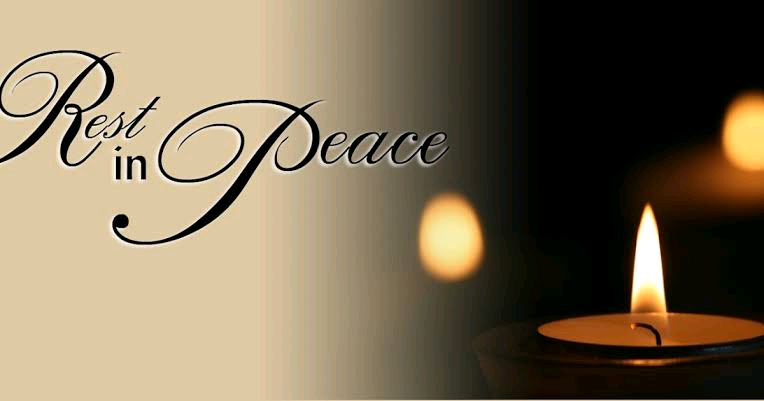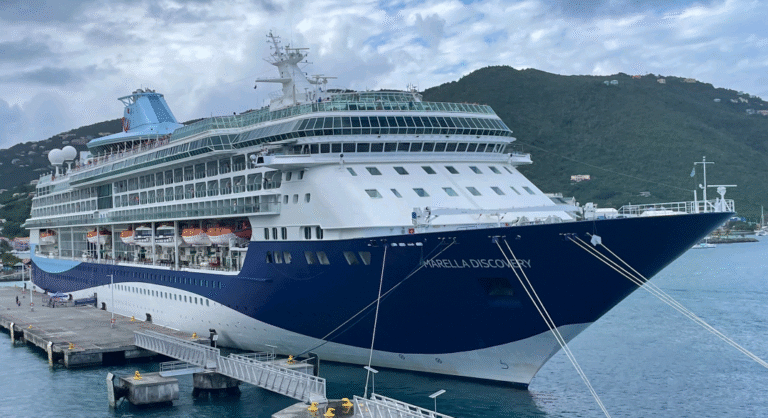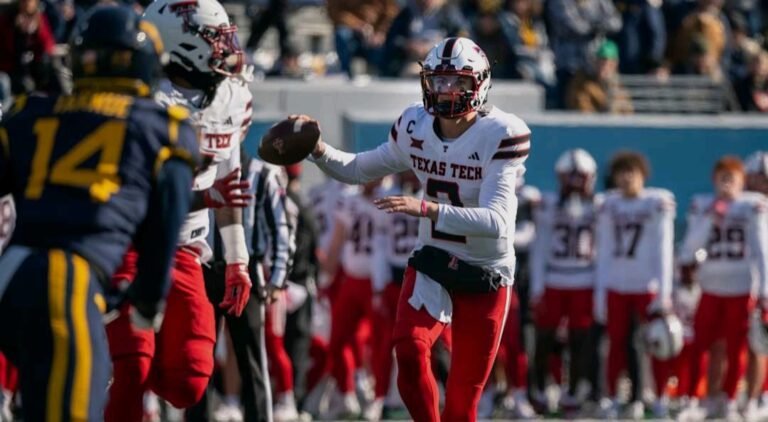
Eau Claire, Wisconsin, is currently experiencing a series of significant developments aimed at enhancing the city’s infrastructure, economy, and cultural landscape.
These initiatives reflect the community’s commitment to growth and innovation, ensuring a promising future for residents and visitors alike.
One of the most notable projects is the construction of the new Eau Claire Transit Center. For 36 years, the city operated from a temporary facility established in 1985. In 2018, a $5 million Transportation
Investment Generating Economic Recovery (TIGER) grant was awarded to fund the development of a permanent transit hub. Construction began on September 17, 2021, at the site of the
previous center. A temporary facility was set up at South Farwell Street and Gray Street to maintain transit operations. The new center will feature dedicated bus
bays, restrooms, a climate-controlled lobby, and offices for transit staff and law enforcement. Additionally, it will include retail spaces, parking levels, and workforce housing units. Originally
planned for completion in summer 2024, the project faced delays due to funding and construction challenges, pushing the expected opening to mid-2025.
The city’s financial contribution increased from $1.25 million to $9.55 million, reflecting the rising construction costs.
In the realm of sports and entertainment, the Sonnentag Event Center stands as a testament to Eau Claire’s dedication to fostering community engagement.
Located near the University of Wisconsin-Eau Claire campus, this multipurpose arena broke ground in spring 2022 and officially opened its doors on July 15, 2024. Replacing the aging Zorn Arena, the Sonnentag Event Center has a seating capacity of 5,000 and serves as the new home for the UW-Eau Claire Blugolds men’s and women’s basketball teams. Additionally, it will host the Eau Claire Axemen of The Arena League, with their inaugural season set to begin in June 2025. The facility also includes the John and Carolyn Sonnentag Fieldhouse, an 81,300-square-foot space featuring a 120-yard artificially turfed field designed to accommodate various events, including trade shows, concerts, and competitions.
The city’s cultural vibrancy is further exemplified by the Eau Claire Marathon, an annual event that attracts participants and spectators from across the region. Established in 2009, the marathon has grown in prominence, earning accolades such as being named the best marathon in Wisconsin by RaceRaves in 2023. The 2025 marathon is scheduled for April 27, with the race starting and finishing at Phoenix Park, offering scenic views of the Chippewa River. This event not only promotes health and wellness but also significantly boosts local tourism, benefiting businesses and fostering community spirit.
In the retail sector, Joann, the renowned arts and crafts retailer, announced plans to close 16 of its 23 stores in Wisconsin following its second bankruptcy filing in January 2025. This decision marks a reversal from earlier intentions to keep stores operational during the Chapter 11 process. The closures will leave only seven locations in the state, including the Eau Claire store. This move reflects the company’s efforts to restructure and navigate financial challenges amid a shifting retail landscape.
Eau Claire’s commitment to the arts is evident in events such as the spring art show hosted by the Heyde Center. These cultural events provide platforms for local artists to showcase their work, enriching the city’s artistic community and offering residents and visitors opportunities to engage with diverse creative expressions.
In the political arena, Wisconsin’s Supreme Court race has garnered attention, with abortion rights emerging as a central issue. The outcome of this election holds significant implications for the state’s legal stance on abortion, reflecting broader national debates and underscoring the importance of judicial appointments in shaping policy.
These developments highlight Eau Claire’s dynamic evolution, showcasing its commitment to improving infrastructure, supporting cultural initiatives, and navigating economic and political changes. As these projects and events unfold, they contribute to the city’s growth and the well-being of its community.






